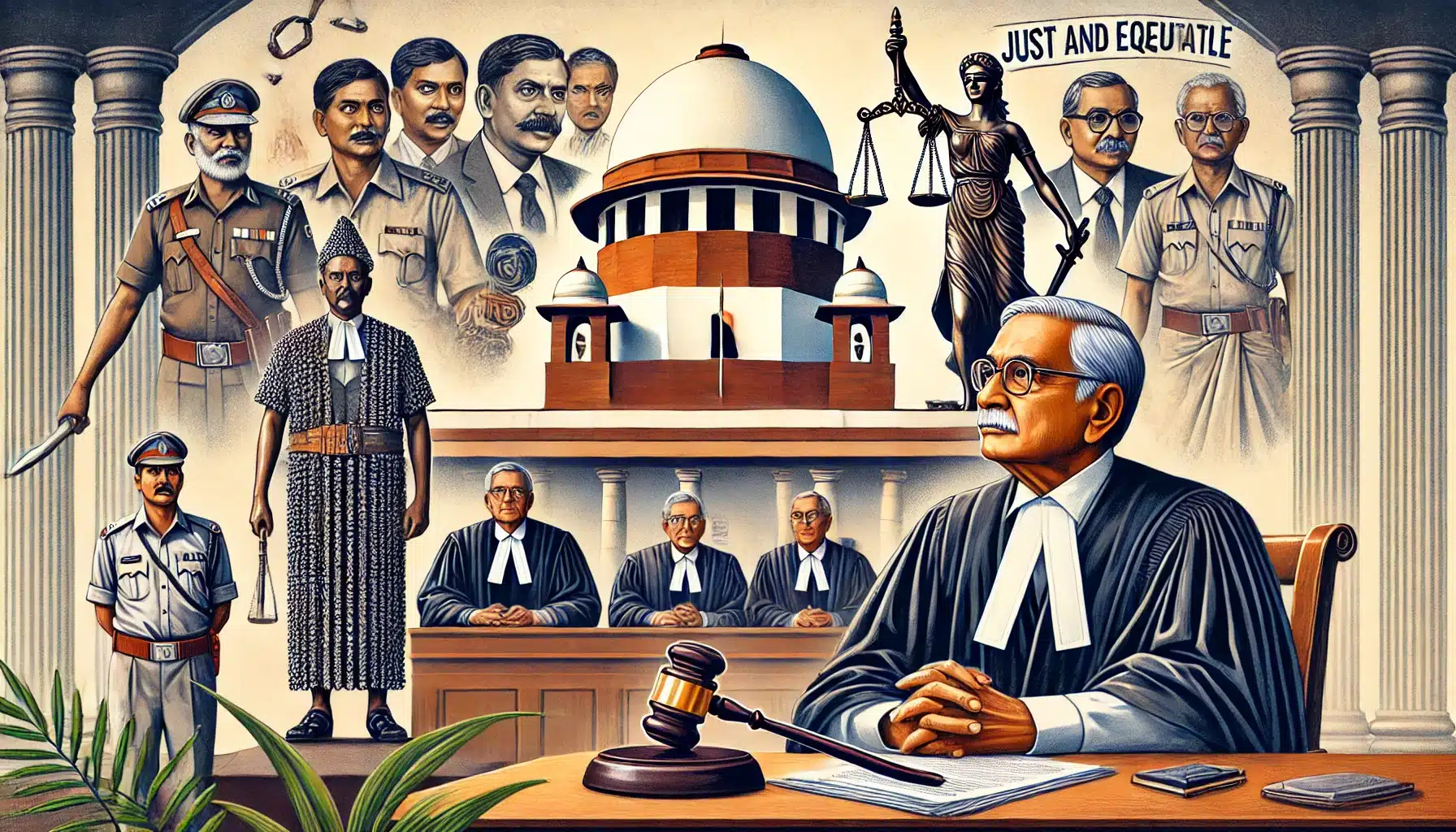In a pivotal legal development, the High Court quashed a Section 498A IPC case, sparking a debate over making the offence compoundable. Despite a recommendation and legislative action, the Union Ministry of Women and Child Development opposed the change, citing women’s interests. The legal landscape

In a pivotal legal development, the High Court addressed a petition to quash a case under Section 498A IPC following a settlement between a wife and her husband, mother-in-law, and sister-in-law. The Court’s remarks in 2022 recommended making Section 498A IPC a compoundable offence, leading to significant legal and legislative actions.
The Union Ministry of Women and Child Development opposed the change, arguing it would not be in women’s best interests. Amid this, the Indian Penal Code (IPC) was replaced by the Bharatiya Nyay Sanhita (BNS), 2023, which incorporated Section 498A into its provisions.
High Court’s Recommendation and Government Response
- In 2022, the High Court recommended the Central government make Section 498A IPC a compoundable offence.
- The Union Ministry of Women and Child Development filed an affidavit, opposing the recommendation, stating that making Section 498A IPC compoundable would not be in the interest of women.
Legislative Action and Subsequent Developments
- The State passed a bill in both houses of the legislative assembly to make Section 498A IPC compoundable.
- The bill was sent to the President for assent, who sought comments from the Ministry of Women and Child Development.
- The Ministry requested clarifications from the State.
- In January 2024, Additional Solicitor General Devang Vyas, representing the Centre, informed the High Court that the State’s bill could not be processed due to lack of requisite data.
- The Central government communicated with the Maharashtra government on January 19, 2024, indicating that a response from the State was still awaited.
- Attention was drawn to a letter dated December 12, 2022, suggesting the withdrawal of the State bill for refinement.
High Court’s Observations and Directives
- The High Court noted that the Union’s earlier affidavit did not mention these letters or clarify that the bill’s processing was stalled due to lack of data from the State.
- The affidavit only indicated the Ministry’s opposition on the grounds of women’s interests, creating a misleading picture.
- The Bench directed the State to take steps to submit a fresh bill, incorporating additional data and addressing anomalies pointed out by the Ministry of Women and Child Development. This exercise remains pending.
Legal Transition
- The Indian Penal Code (IPC) has been replaced by the Bharatiya Nyay Sanhita (BNS), 2023.
- A provision corresponding to Section 498A IPC is now included in Section 85 of the BNS.
- Section 85 is not a compoundable offence under Section 359 of the Bharatiya Nagarik Surakhsa Sanhita (BNSS), which has replaced the Code of Criminal Procedure.





